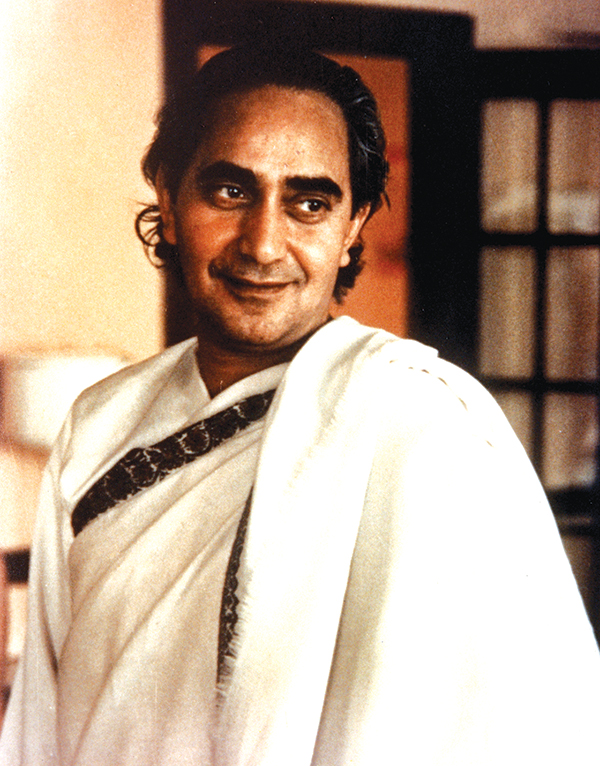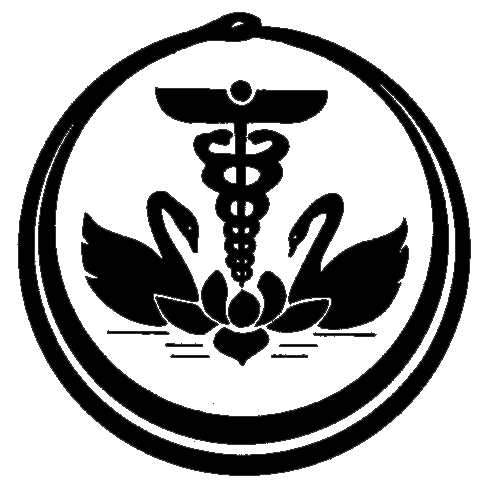. . . continued from last issue
Now the question arises. Is man responsible for the qualities and characteristics which have a play in his life? Is he the maker of his own destiny or some one else is the ruler of his life? What is all this life pulled and wrenched by contradictions? To every thoughtful man, his own life stands as a big question. Which laboratory we have to go to, in order to know what this is? What should be our field of enquiry?
Indian thinkers, philosophers and sages have declared that in order to learn the art and science of life, we have to enter the laboratory of our own life. Your laboratory is hidden in the depths of your own life. Thus the glorious Vedanta of India presents scientifically considered methods to solve all the riddles of life and thus leads us on in the search for life and the Truth of life. How strange it is that man should wander hither and thither in search of himself. We have forgotten the discoveries which formed, for our ancestors, the basis to realize the Truth of life. We have advanced in a direction where there is neither permanent happiness, nor peace, nor joy. But is there any cure for it? Yes, we get a ray of light from our scriptures, particularly from the science of Upanishads. The wisdom of Vedanta is eternal. It is a foundation of everlasting joy. The solution to all our problems lies hidden in the wisdom of the Upanishads.
What I mean to say that, in spite of a deep sense of imperfection, the lowliness and the littleness of life, we can ascend to the higher steps of evolution by raising our life to a higher level. There is no need for impatience or worry. But remember, human life is superior to the life of other creatures. We may divide the whole creation into four categories:
(i) the insentient world of stone and dust,
(ii) the vegetable world,
(iii) the world of birds and animals,
(iv) the world of human beings.
It is evident that the first three levels of existence are lacking in the power of discrimination. The world of human beings is much more developed than existence at other levels. The power of discrimination was acquired by man in the evolutionary process of creation. Man is regarded superior to any other creature on account of his power of discrimination. Today he is invested with the means which can lead him to higher beneficial stages of evolution.
We find three categories of men in this world: first there are those who lead a divine life, secondly there are those who belong to a middle category; and thirdly those who live animal life. As I have already told you, the stream of human life is constantly flowing onward in search of the infinite. All around in this world and in this life, we experience a motion, and a vibration. It seems as if the stream of consciousness were ceaselessly flowing and carrying with its flow all the dead matter. Everywhere there seems to pervade an existence which, though ever active, remains unknown. Someone has rightly observed that it is human nature to try to discover the secrets of life and creation, and no thinking man can remain aloof from it.
Birth, life and death—these have always remained unsolved riddles for us. It is a rare fortunate man who is capable of discovering the secrets of birth, life and death. But no thinking man can help pondering over these things. So long as man’s thirst for knowledge is not satisfied and so long as he does not get a perfectly satisfactory explanation to his queries, he will ceaselessly continue to ponder over the problems of birth, life and death. This truth cannot be ignored.
Friends, I have not come here to teach you any new lesson. I only want to put before you whatever I have received from the sages and the sadguru (divine master) after passing several years in the caves of the Himalayas. This slave of Rama who has nothing of his own and whose only wealth is Rama declares it to you that in whatever conditions and circumstance you might be, you can improve your life and realize peace. It is not my personal message. Whatever I have learnt from my personal experience and the teachings of the Upanishads, I want to put before you in a way that you may realize your forgotten nature and lost wealth. I hope you will listen to me attentively. Let us now proceed to untangle the knots of life and death. Arise, awake and realize the Truth.
to be continued . . . .
Originally printed in “Voice of Himalayas” Vol 2, No 3, 1972

